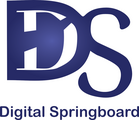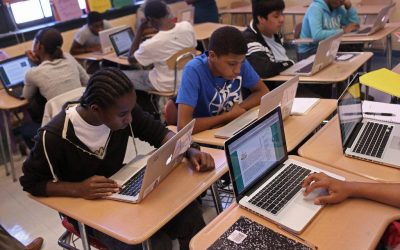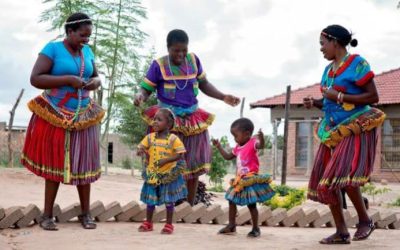In the traditional education curriculum, home support with active reading practice and homework assignments is essential however, this is our reality. Even with the dream for their children firmly entrenched in their minds, these parents cannot do more.
The curriculum design assumes that parents can read and write basic English, but what happens when this essential step in the learning process is missing.
Have those of us that are able re-engineered curriculum delivery to support all of our communities?
Research prior, made the recommendation to bring parents into the education cycle and teach literacy to adults at the same pace as their adolescent children. The question remains, have we considered the impact of this design? There two critical constructs that one has to consider when reviewing adult literacy, not being able to read and write does not make one illiterate. In essence this means one cannot try to develop the reading and writing literacy of an adult at the pace of a child.
For a parent to say, I did not have this opportunity but I want it for my child – shows a high level of literacy and depth of knowledge when it comes to the impact that education can have on livelihood.
If we define literacy as;
“the ability to read, write, speak and listen in a way that lets us communicate effectively and make sense of the world.” Our parents are literate. Anyone who is able to work with others, be in a role of production delivery, receive and action instruction meeting the desired outcome is literate. They are, however, not academically adept, and as such are completely dependent on systemic development in education to support their children.
To support our communities, we need to support parents by ensuring that we give them a sense of dignity in their efforts to give their children more than they had. We will get nowhere by diminishing the efforts of parents, life literacy is a real measure that needs to be considered in order to adapt the curriculum.
As educators, when we accept the position of the parent, we are then able to decide on the placement of homework and additional reading practice in curriculum delivery. As academic instructors it is important to note that one cannot dictate the nature of the conversation in anyone’s household. So the adjustments we make, need to take into consideration the limitation of our reach into the learners household.
There are about 2.5 million children struggling to read in fourth grade across America;
For every three American parents who think their child is on track with reading before high school, two of those parents are probably wrong. In Chicago, 91 percent of parents think their kids read at grade level, but just 22 percent actually do. In Washington, DC, 83 percent of parents think their child is on track, while only 31 percent of students read on grade level. In Boston, it’s 85 percent of parents, compared to 30 percent of kids.
Jocelyn Pickford, Senior advisor, Learning heroes.
So as not to set fire to books in Africa alone, I wanted us to consider the statistics worldwide, we are not alone. Changing the narrative requires us to see ourselves in community with others. We are in direct community with parents that cannot read to their children. How then do we support our community members so that we can rise as one unit gradually, for a better tomorrow?









